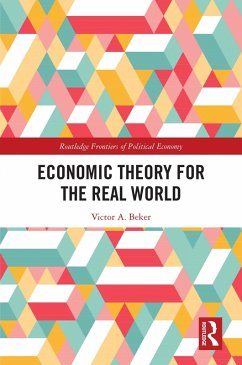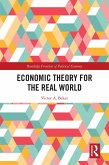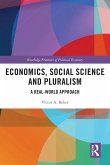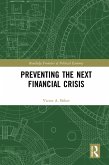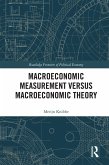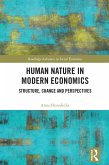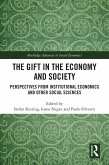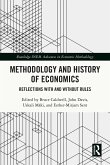Dieser Download kann aus rechtlichen Gründen nur mit Rechnungsadresse in A, B, BG, CY, CZ, D, DK, EW, E, FIN, F, GR, HR, H, IRL, I, LT, L, LR, M, NL, PL, P, R, S, SLO, SK ausgeliefert werden.
Hinweis: Dieser Artikel kann nur an eine deutsche Lieferadresse ausgeliefert werden.
James K. Galbraith, University of Texas at Austin, USA
This book provides a realistic approach to economic analysis, and is a must read for economics students and many others who want deeper understanding of economics. It presents alternative perspectives on the major issues confronting us, ranging from ecological sustainability, unemployment, poverty and inequality and (de)-globablization.
Malcolm Sawyer, Emeritus Professor of Economics, University of Leeds, UK
This is a very useful book particularly for those students and instructors who are dismayed by the sorrowfully wide gap that exists between academic economics and pressing real world economic issues. It exposes with considerable clarity intellectual attempts that have been made with varying degrees of success to narrow this gap on major microeconomic and macroeconomic subjects found in traditional textbooks. It is a wonderful supplementary book from that point of view to bring the subject to life.
Amit Bhaduri, Professor Emeritus, Jawaharlal Nehru University, New Delhi, India
This book is a fresh and modern take on economic theories, with a critique of the neoclassical-neoliberal mainstream and an updated reconstruction of the existing heterodox pluralism, interaction, and synergies. Beker takes a strong real-world stance, with coordination failure, fundamental uncertainty, and cooperation requirements as starting points. The book reconfigures Veblenian, Schumpeterian, and socio-economic perspectives and develops an integrative approach towards evolving dynamic systems and complexity economics. The proof of the pudding is its applications to the current real-world dramas of the ecology, financialization, unemployment, inequality, poverty and politically manufactured fragmentation of the world economy ("de-globalization"). This also is an accessible reading and the perfect reading for experienced practitioners as well as a perfect complement to any economics teaching.
Wolfram Elsner, Full Professor of Economics (retired) at University of Bremen, Germany

